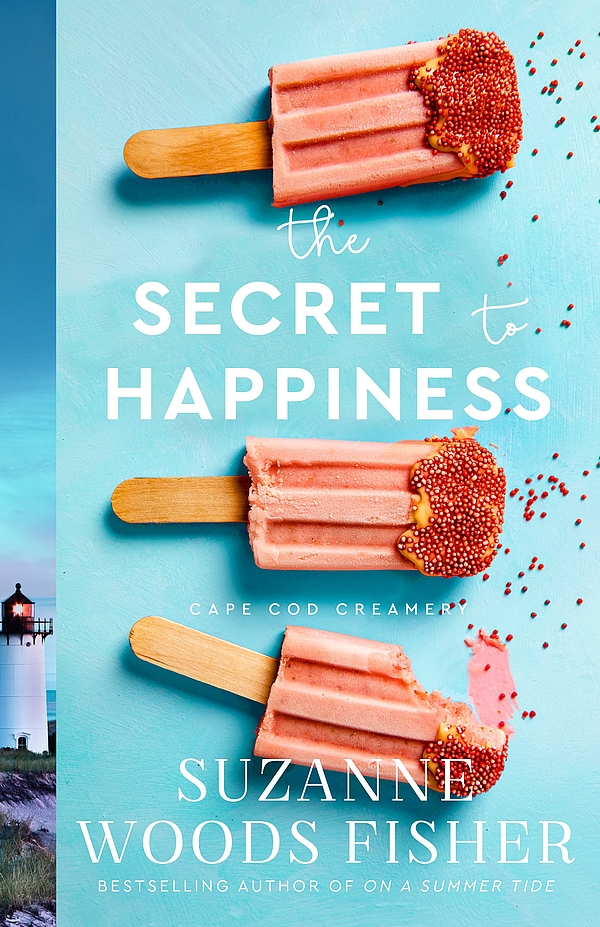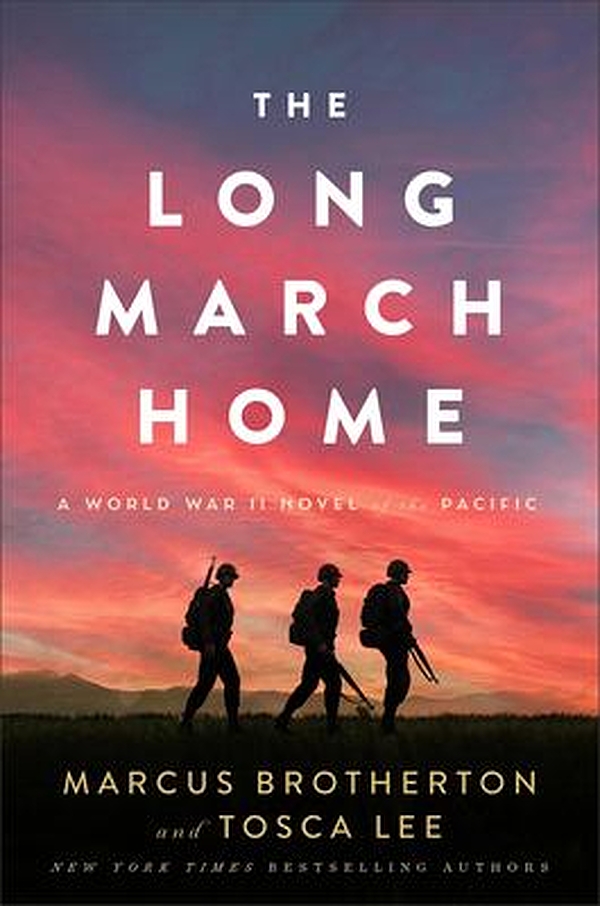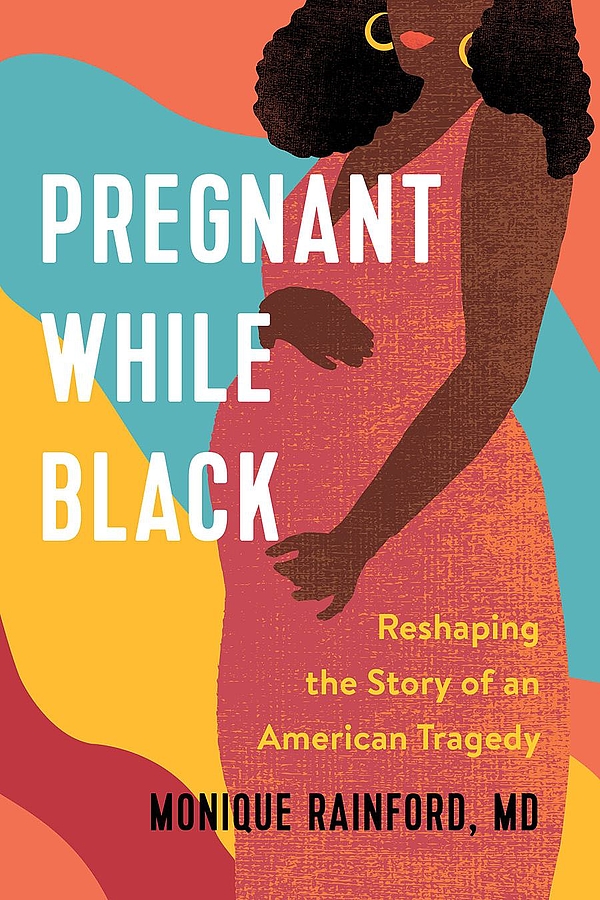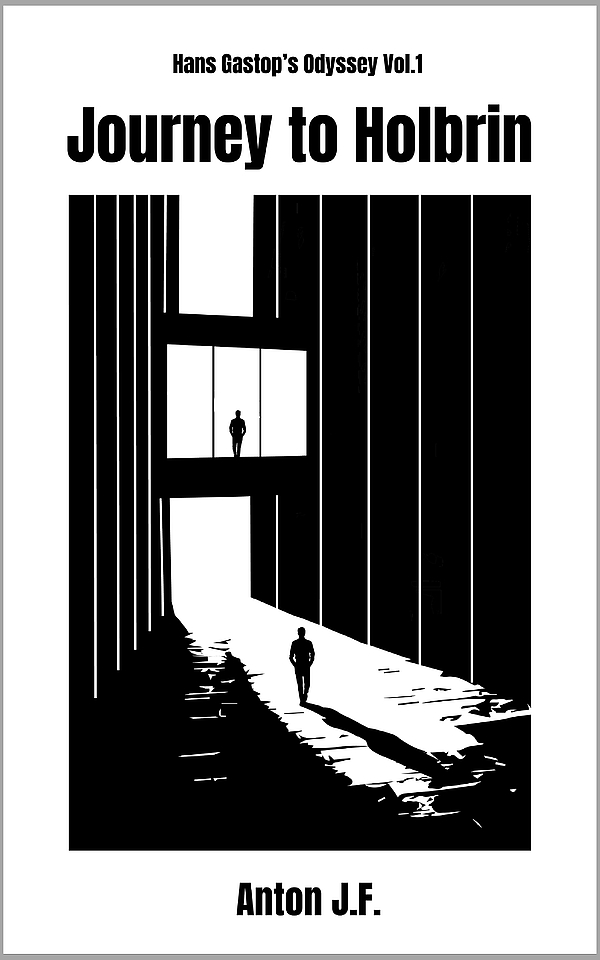LibraryThing is pleased to sit down this month with author Jane Roper, whose memoir Double Time chronicled her first three years as the mother of twins, while she was also grappling with a diagnosis of bipolar 2 disorder; and whose debut novel, Eden Lake, used the classic setting of a summer camp to explore issues of love and loss. Roper’s second novel, The Society of Shame, is due out this April from Anchor Books, and follows the story of a woman who becomes a social media sensation after a photograph capturing a period stain on the back of her pants goes viral.
The Society of Shame centers around a woman who becomes an online sensation after a photograph taken of her goes viral. Was there a real-life internet drama which served as an inspiration for your story? If not, where did your story idea come from?
In one sense the story was inspired by all internet dramas. I’ve always been fascinated by how scandals and dustups play out online—how quickly things can go viral, and the ravenous way people gawk and/or pile on with their opinions and judgment.
I wanted to build a novel around an attention-averse character who becomes “internet famous,” but hadn’t figured out the inciting incident. Then I saw a news story making the rounds online about a man who came home to find his wife and her lover dead from carbon monoxide poisoning in the garage, where they’d (presumably) been having sex in her idling car. Finding out your spouse has been unfaithful is humiliating enough, but to have it become national news, and the source of endless jokes—oof! So, I decided to have the heroine of my book, Kathleen Held, discover in a very public way that her husband, a U.S. Senate candidate, is cheating on her (also in a garage, but nobody dies). Then I doubled down on her humiliation by having a picture from the scene, complete with the period stain on her pants, go viral.
In many cultures, menstruation is surrounded by taboos, and often tied to notions of shame, particularly in the public sphere. What made you center this particular form of “shame” in your story, and what is its significance? Did you feel that your storytelling itself was breaking taboos?
Every woman lives in dread of having a period mishap, because of those taboos you mention. So, it felt like the perfect choice for Kathleen’s shame-inducing crisis, and one that many readers would relate to. I also needed something that could plausibly snowball into something much bigger than Kathleen’s own humiliation. There’s a lot of very real, much needed activism around menstrual justice and destigmatization happening today, so it wasn’t that big a stretch to create the fictional #YesWeBleed movement in the book.
I do feel like I’m breaking taboos by writing a book where menstruation is a big part of the plot—and I love it! There’s no reason for periods to be a source of shame, and the more people write / talk / make art about it, the more normalized it will become, I hope.
Social media also features prominently in your novel, which is described as an exploration of the perils of being “extremely online.” What are those perils? Is there a connection, in your view, between social media and shame culture?
I confess, I love social media. But when you spend too much time there, it starts to feel like your entire world. You lose your sense of perspective, and reactions to your posts and pictures and comments from others online—many of whom are complete strangers—take on an outsize weight. This is what happens to Kathleen in The Society of Shame: she gets so obsessed with what people are thinking and saying about her on social media that she loses sight of her real-life relationships and her core values and priorities.
I think there’s definitely a connection between social media and shame culture. In colonial times, people who misbehaved were shamed by being put in the stocks or publicly whipped on the town green, where everyone could watch and jeer and hurl rotten cabbages. Today, social media is the town green, but on a much, much bigger scale. Humans take a certain glee in shaming people, and social media makes it so easy to join in—and enjoy feeling morally superior in the process. You can like and share and retweet and add your own indictments or snarky quips. The only thing you can’t do is throw produce. I wanted to hold a mirror up to all of this in the book, get people thinking—and laughing, I hope—about online shaming, and the way it affects people at the receiving end.
Your protagonist channels her humiliation into becoming an activist but finds that her pursuit of online celebrity is harming her relationship with her daughter. Are you offering a commentary on activism, as it is enacted online? If so, what would healthy activism look like?
Kathleen’s problems aren’t so much about her activism, per se, but her all-consuming quest for approval by the internet masses. What I wanted to illuminate about online activism is how easily it can become performative—more about the memes and hashtags and swag (like the menstrual cup hats the activists in the book sport) than the substance of the work. Truly effective activism tends to be a long-game, and most of it is not Insta-worthy.
Tell us about your library. What’s on your own shelves?
My LibraryThing shelves are still very much a work in progress, but they lean heavily toward books that have stuck with me for years, many of which I read when I first started writing fiction in my twenties: Interpreter of Maladies, Love in the Time of Cholera, Middlesex, Nine Stories, The Shipping News, Invisible Man, and The Remains of the Day, to name a few. Reading as a writer for the first time, I was obsessed with figuring out how and why they worked, so they left an extra deep impression.
There are also a number of memoirs on my shelf—I particularly like funny ones, by funny women—lots of literary fiction, some favorite classics, and a growing number of psychological thrillers. I’ve been getting more and more into this genre of late, especially as audiobooks. They’re an excellent incentive to pop in my earbuds and go running!
What have you been reading lately, and what would you recommend to other readers?
I’m currently deep into Terra Nova by Henriette Lazaridis. It’s a gorgeous historical novel about two British men who hope to be the first people to reach the South Pole, and the woman they both love back home in England, a photographer documenting the women’s suffrage movement. I also recently read and loved How to Be Eaten, by Maria Adelmann, which depicts fairytale heroines as modern-day tabloid fodder. It’s funny and smart and completely original.






















































































































































































